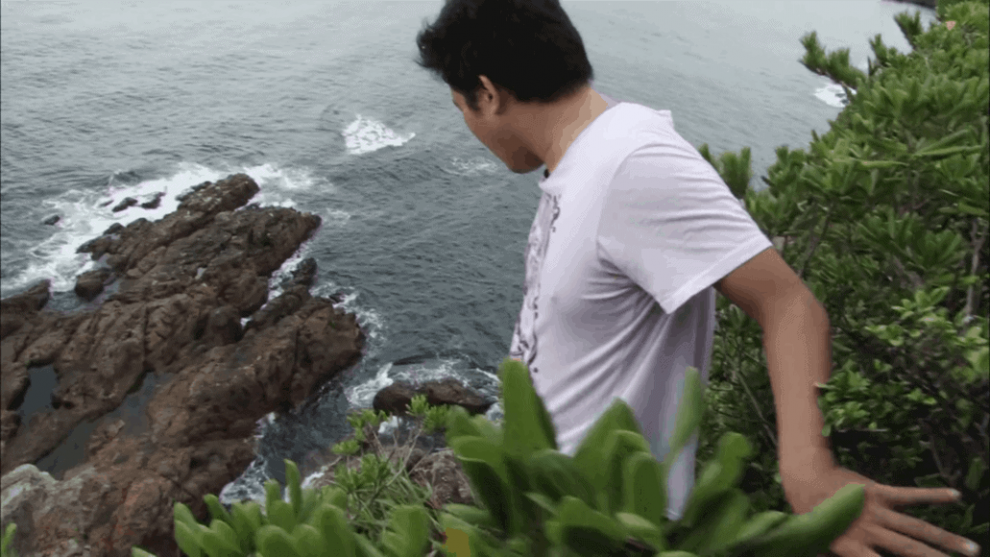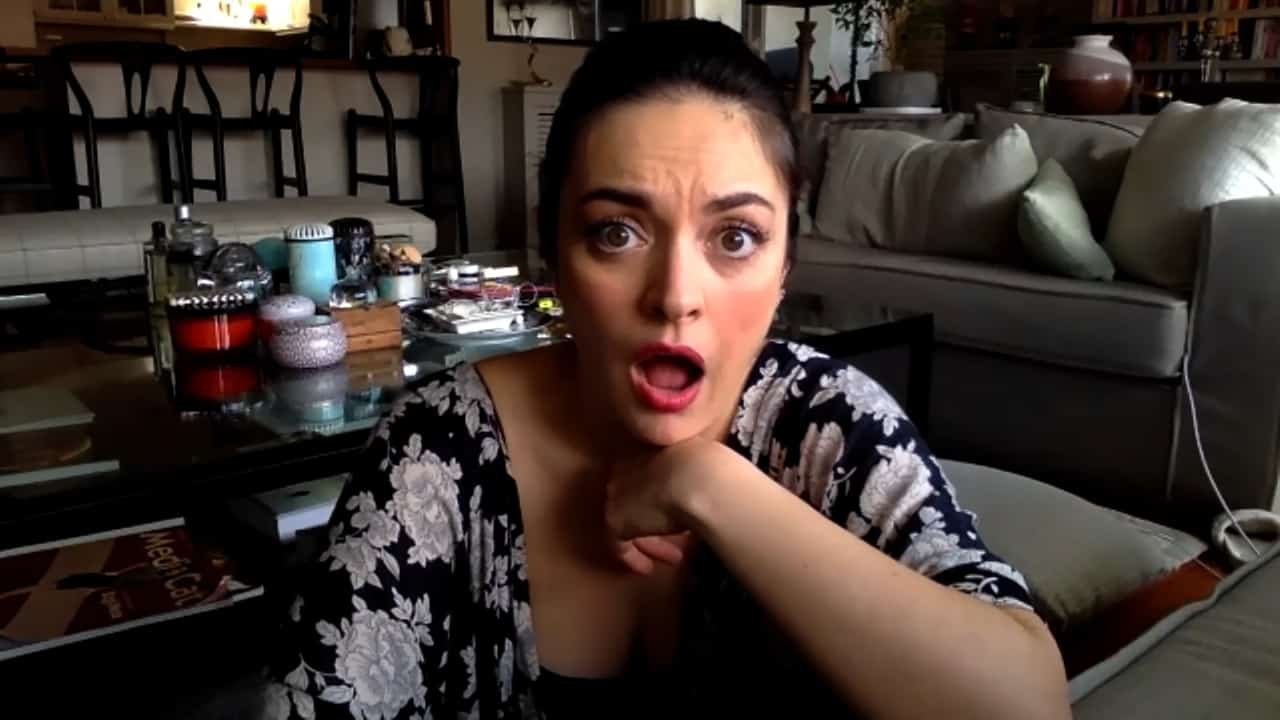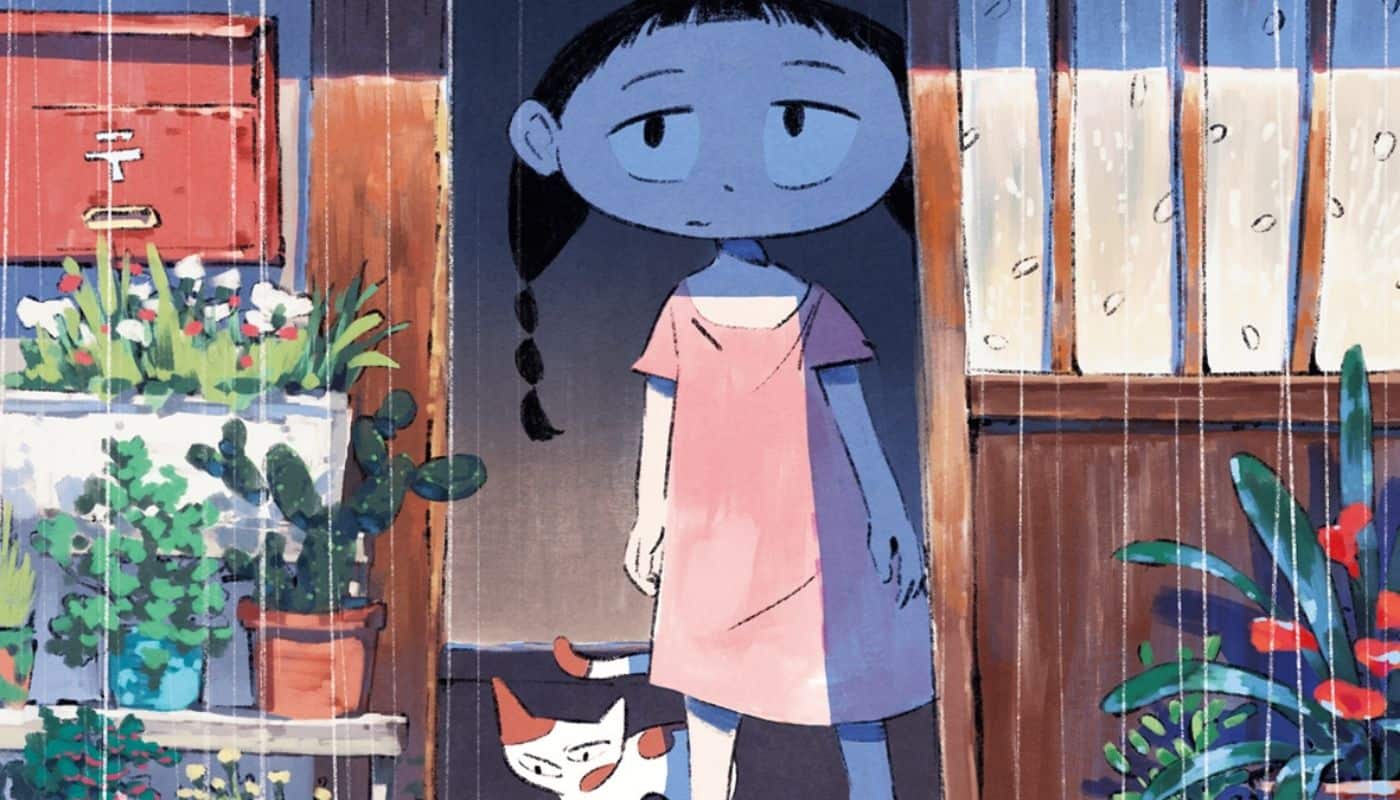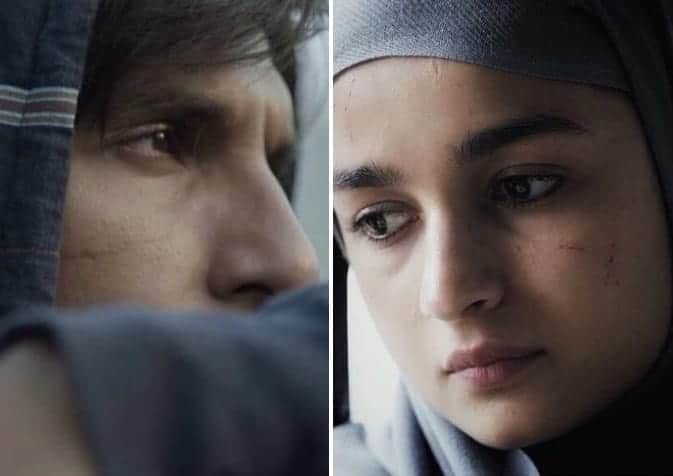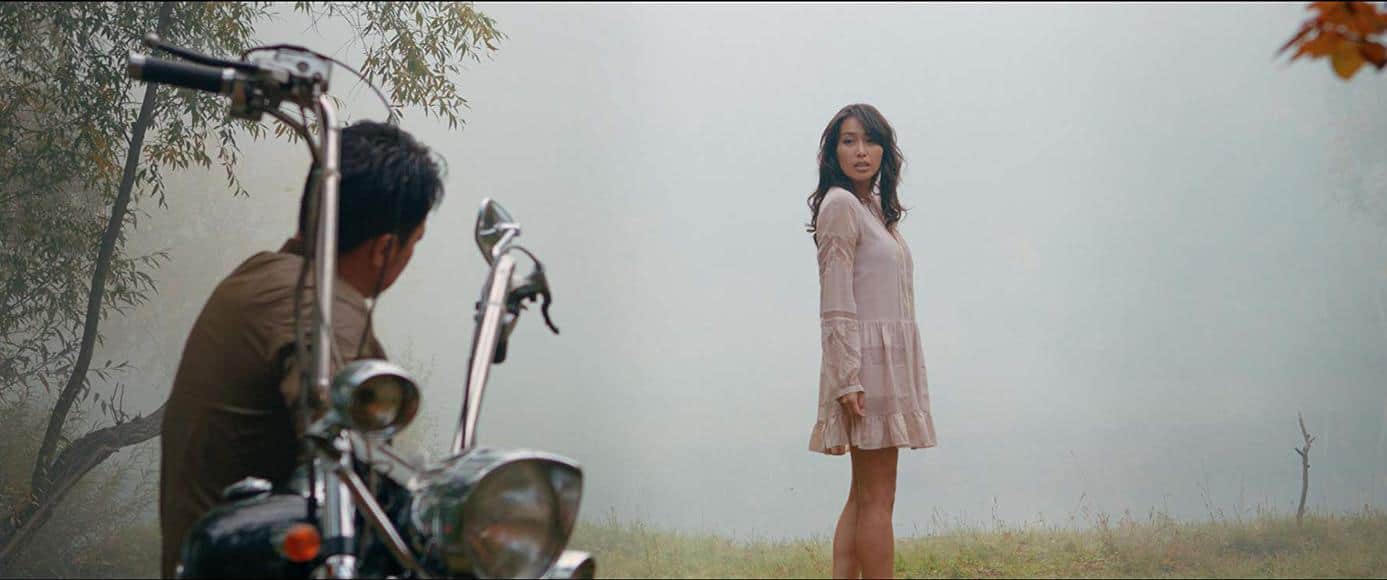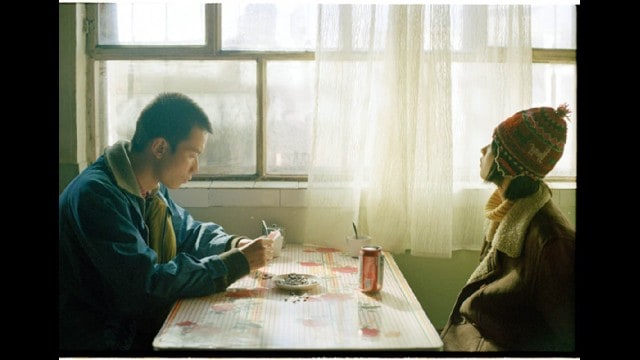Director Atsushi Kasezawa debuted in the documentary scene in 2001 with the film about an open-air kindergarten, “Aozora”. His career work is influenced by his work as student and assistant of the late award-winner documentary director Makoto Satō and his whole body of work is shaped by his commitment to social issues.
“A Step Forward” is screening at Japan Cuts 2019

Suicide in Japan is still a major national social issue; although decreasing slightly in the last few years, the suicide rate is still high, compared to other countries, especially in young demographics, often as a result of bullying and peer pressure (suicide is the leading cause of death among those aged 10 to 14). The strict Japanese society highly values conformity and acceptance, resulting often in an overwhelming sense of alienation when those values fail to accomplish. This extreme situation has forced the government to adopt and fund a suicide prevention plan, which included a focus on measures to both prevent suicides and rehabilitate those recovering from attempted suicides. However, it is often the hard work of dedicated individuals that makes the difference.
In “A Step Forward”, director Kasezawa follows Pastor Yoichi Fujiyabu who runs a church in a rather peculiar spot of the Wakayama prefecture, Western Japan. The Sandanbeki cliff is indeed a very popular place, for all the right and wrong reasons. With its beautiful and dramatic scenery, the 2km long 50m high rock is in fact not only a renown sightseeing location but also – sadly – a popular suicide spot.

A solitary billboard on the edge of the cliff, with a bold red telephone number on, urges the possible suicidal souls to think twice and “please call before making the final decision”. On the other side of the telephone line is pastor Fujiyabu. Dynamic, laid-back and hands-on, Fujiyabu has already rescued (at the time of filming) more than 900 people.
The documentary starts, without many preambles, following one of Fujiyabu's rescue actions. It's late night and someone has called the help line without saying anything. The mute phone call is a cry for help and pastor Fujiyabu doesn't waste time. After a long negotiation in the dark bushes on the edge of the cliff, he comes back with a woman and takes her to the parish. She is the latest addition to the group of troubled people the pastor helps and assist in rebuilding, if not a life, at least enough confidence to face and deal with a feeling that it's unlikely to disappear completely from their existences.

Fujiyabu's work has saved many lives stopping a desperate action but rehabilitation is the first priority here. His employment program for the recovering guests is what really makes the difference. In his words, the place should be a stepping-stone for those wanting to earn a bit and be independent.
Following this line of action, on 2012 Pastor Fujiyabu opened a small restaurant, Machinaka Kitchen, that offers also an external catering service and where some of the rescued suicides work as cooks and helpers. They acquire new skills and this boosts their confidence and enable them – eventually – to leave the safe bubble of the parish and find their own motivations.
The fly-on-the-wall camera show us with no frills, several moments and reflections in the life of this well-oiled operation, lingering on few significant characters; one in particular, a young man who is struggling to fit in because of his poor social skills. Others recall in front of the camera their painful memories of standing on the edge of that cliff and making the crucial decision.
Curiously, not many women appear in the documentary (the initial rescued woman will leave the parish shortly); an exception is pastor Fujiyabu's wife who provides a refreshing point of view when the parish's administration hang-ups threats to become repetitive.

But what really emerges in Kasezawa's work, is the great humanity of pastor Fujiyabu. Far from a knight in shining armour, he is a man who doesn't stop questioning himself; a man hunted by guilt, who makes mistakes and highly regrets them, a man who cannot help liking some of his people less than others and hating himself for it. He is a busy-bee, running around in tracksuit or chef whites, discussing salaries, expenses and planting flowers on the church entrance; you wander where he finds time for the church duties. But mostly, he is never afraid to show he is tired or sad.
Kasezawa's camera is unobtrusive and unnoticeable, leaving the facts and the people speak for themselves. His style is extremely realistic and bare, no music accompanies the images and the editing follows suit, as the subject matter is a delicate one to handle. It does it with great perceptiveness and a delicate touch; however, a bit of lightness here and there might have alleviated the experience, without being disrespectful.
A sad reflection of pastor Fujiyabu after the end titles is maybe the more touching moment of the film, showing a man who is aware of his limitations and whose 900 saved lives are nothing in compare with one, sadly lost.


